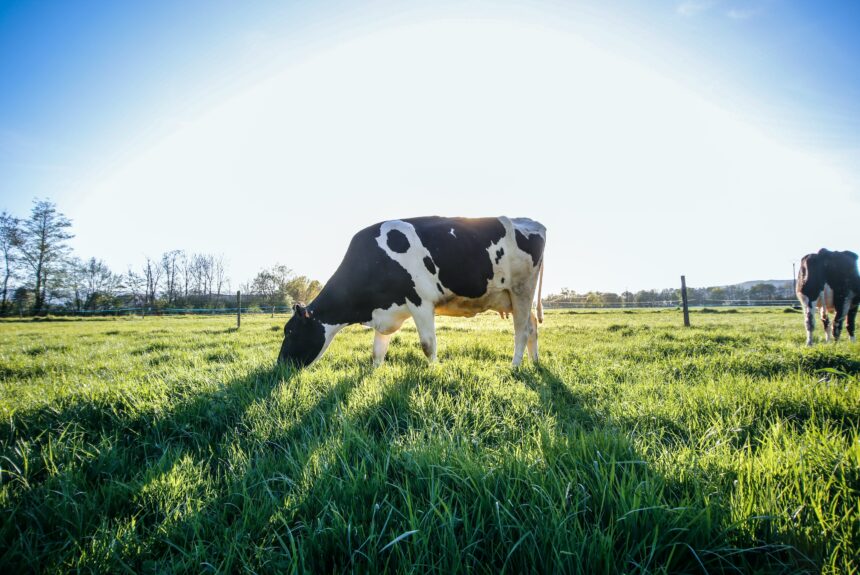For some farmers in England, it makes more sense not to farm.
By parking up their tractors and turning their land over to nature, some English landowners are now able to make more money than if they sowed their fields with crops or put cattle out to graze.
“The business case for small-scale farming is very difficult,” said Ben Todd, the owner of a 220-acre farm in southeast England. “I looked at hay, I looked at sheep, I looked at cows, maize, corn. To make them stack up, you get pushed towards a high-input, non-organic, damaging-to-nature approach.”
Instead, Todd, a former hydrogen-fuel-cell technologist who switched into farming last year, has chosen to produce biodiversity credits on his land as part of a burgeoning habitat-restoration program in the country. The “nature credits,” which cost around £20,000 each and have a 20-25 year lifetime, will be more profitable for him, he said, than if he planted the land or put livestock on it—though he makes the point that producing nature credits and producing food on the same land need not be mutually exclusive.
Read more in the Wall Street Journal here.
The views and opinions expressed are those of the author’s and do not necessarily reflect the official policy or position of C3.
